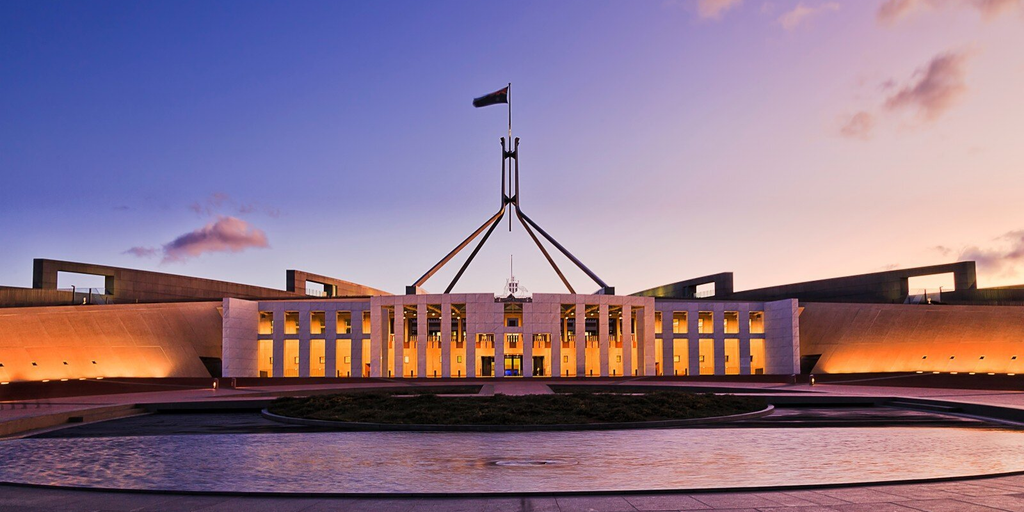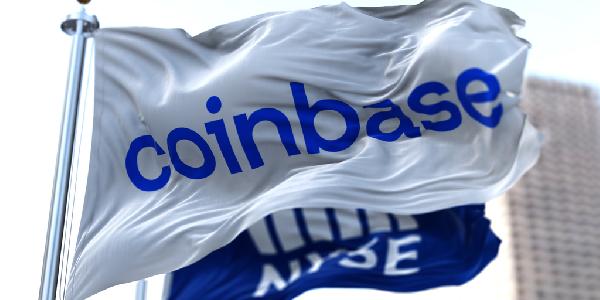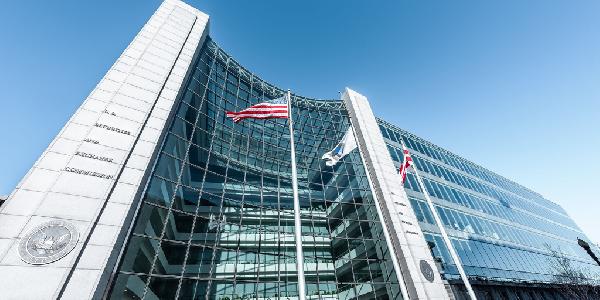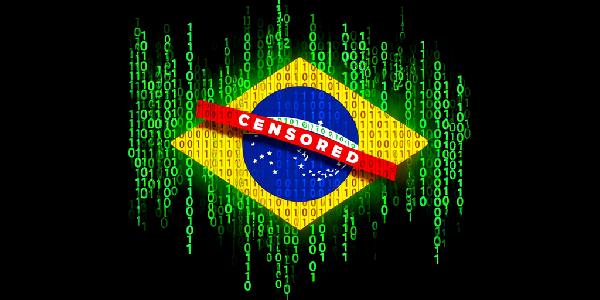Australia has appointed Andrew Charlton as Assistant Minister for Science, Technology, and the Digital Economy, alongside his new role as Cabinet Secretary, as the government moves to cement its agenda on regulating digital assets and modernizing the tech sector.
Prime Minister Anthony Albanese announced the appointment on Monday, saying Charlton’s economic credentials and international experience made him "exceptionally qualified" for the dual role.
"His policy role will be to particularly work with [Minister for Science, Technology and the Digital Economy] Tim Ayres in the industry area on new technology, AI, all of that impact that it‘s going to have on the nature of work and the changing nature of our economy," Albanese told reporters in Canberra.
Caroline Bowler, CEO of crypto exchange BTC Markets, called the appointment "a clear commitment to collaboration and effective policy delivery."
"Charlton understands the digital economy is established and rapidly expanding," Bowler told Decrypt in a statement. "We‘re confident he‘ll support resilient, future-ready digital infrastructure."
Charlton’s appointment follows a broader push by the newly reelected Australian government to regulate the digital asset industry.
In March, as Special Envoy for Cyber Security and Digital Resilience, Charlton co-released a joint statement with Assistant Treasurer Stephen Jones outlining the next steps toward a licensing regime for crypto platforms.
The reforms aim to align Australia with global standards such as the EU’s MiCA and Singapore’s Payment Services Act.
[Charlton‘s] specific support for digital assets and recognition of blockchain technology’s transformative potential, alongside the need to regulate it quickly and appropriately, should help Australia keep pace with the rapidly evolving global regulatory landscape, Sydney-based digital asset platform MHC Digital Group, told Decrypt in a statement.
Under the proposed rules, major crypto firms will need to obtain an Australian Financial Services Licence. Smaller firms or those not offering financial services would be exempt.
The Treasury’s paper also flagged concerns over debanking, where financial institutions restrict services to crypto firms.
Officials have begun consultations with major banks to address the issue, hoping the new rules will provide greater clarity and risk management across the sector.
Draft legislation is expected later this year. The Australian Securities and Investments Commission is also set to update its digital asset guidance.
Edited by Sebastian Sinclair
Your Email










